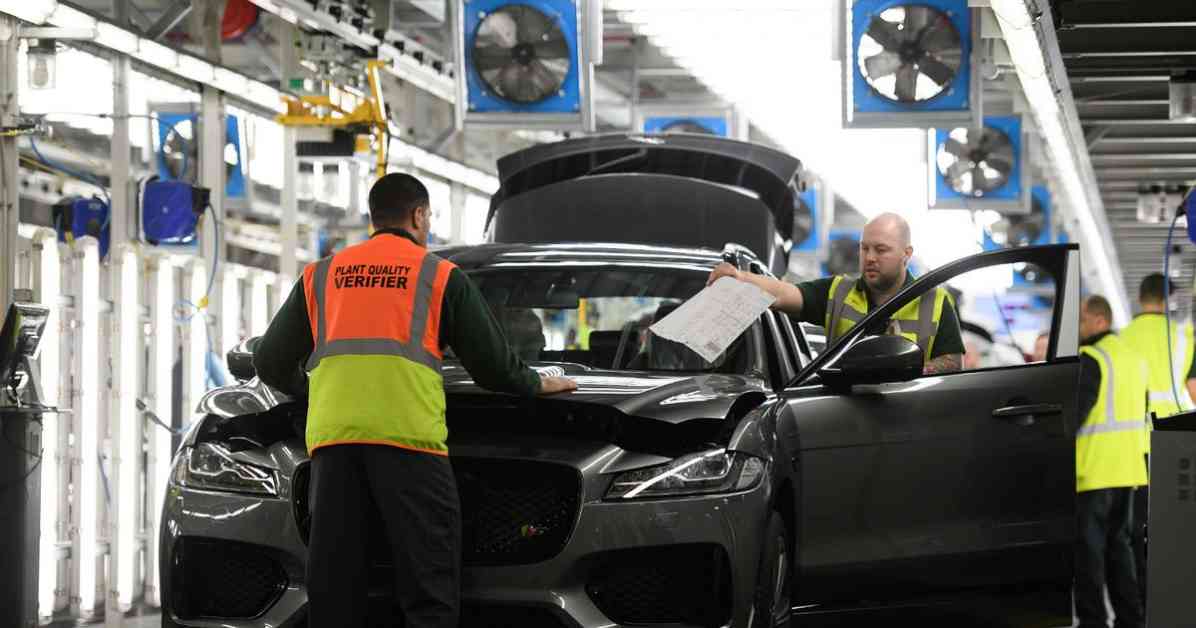A used car expert recently shared valuable insights on the common issues that potential buyers of second-hand Range Rovers should be aware of. The host of BuySellCarsTV on YouTube discussed the problems encountered with the fourth-generation Range Rover, which was sold between 2012 and 2021. These issues ranged from mechanical concerns like crankshaft failure to tech-related problems such as the air suspension system.
One major issue highlighted by the expert was crankshaft failure, which can lead to engine seizing if not addressed. He advised buyers to inquire about warranty coverage for such issues when purchasing a used approved car. Another common problem area mentioned was the air suspension system, which could be costly to fix if components fail. However, the expert provided a simple way to check the suspension’s condition by testing the buttons near the gear stick.
Lower suspension arms were also identified as a potential trouble spot, with signs like MOT advisories and knocking noises indicating the need for replacement. Additionally, the Diesel Particulate Filter (DPF) was mentioned as a potential fault, although not all fourth-generation Range Rovers may be affected, especially those that are not diesel-powered.
The expert also addressed the issue of theft and insurance concerns for Range Rover owners, emphasizing the importance of security measures. Land Rover has implemented updates to enhance the security of these vehicles and prevent thefts. The company’s Managing Director, Patrick McGillycuddy, reassured customers of their commitment to providing high levels of protection and actively working to mitigate the risk of car crime.
Overall, being aware of these common issues can help prospective owners make informed decisions when considering a second-hand Range Rover purchase. By understanding potential problems like crankshaft failure, air suspension issues, lower suspension arm troubles, DPF faults, and security concerns, buyers can take necessary precautions and ensure a smoother ownership experience. It’s essential to do thorough research, ask relevant questions, and consider warranty coverage to avoid unexpected expenses and challenges down the road.



























